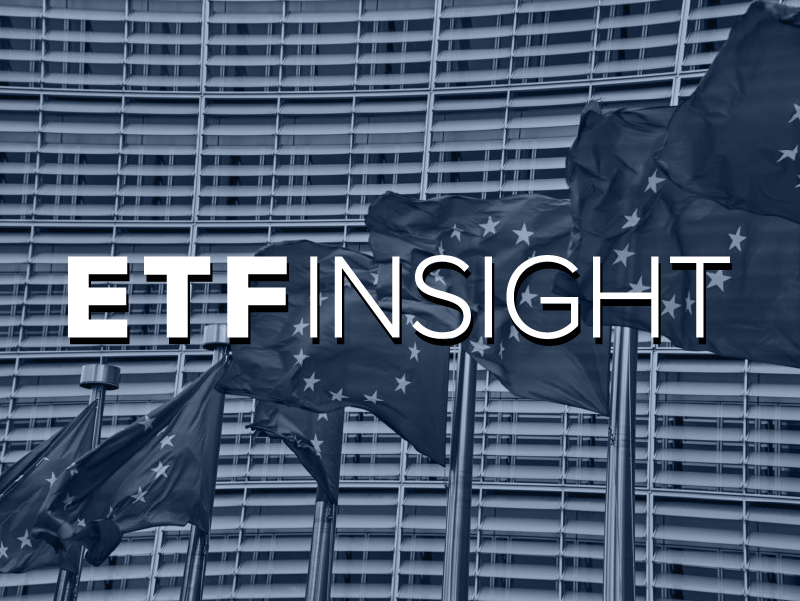European retail investors looking to gain access to US ETFs will be unable to do so after the deadline for the PRIIPs key investor document (KID) requirements passes on 1 January 2020.
The reason for this is US issuers have not produced the KID for their ETFs meaning European investors will be unable to purchase them unless they are sophisticated or high net worth individuals.
The KID, which is part of the European Union’s Packaged Retail and Insurance-based Investment Products (PRIIPs) regulation, is a standardised document which provides investors with important information about the product.
PRIIPs, which is aimed at helping retail investors understand the important information of different products, requires funds selling in the EU to have a KID as of 1 January 2020. The requirement for UCITS funds was delayed by two years last December.
There are a number of issues stopping US issuers producing a KID for their ETFs. Most importantly, Tara O'Reilly, partner at Arthur Cox, highlighted a conflict between the US and the European Union regulatory requirements.
She explained PRIIPs requires a disclosure of likely future performance under four different scenarios, however, US issuers are not permitted to make such future predictions for their products.
Furthermore, O'Reilly said some US ETFs were relying on a "non-marketing" approach to being in Europe, however, the production of a KID would undermine such argument as it looks to provide investors with information about your product.
James McManus, head of ETF research at Nutmeg, added: "Because European buyers are such an insignificant part of the US ETF market, it would make little sense for US ETF providers to build the capability to produce these documents."
The regulation change has caused European platforms to remove US ETFs from their offerings as they are unable to limit their availability to institutional investors only.
Somewhat crucially, retail investors currently with assets in US-listed ETFs will not be forced sellers once the requirements come into play.
Matthew Leibowitz, founder and CEO of Stake, which is looking to make certain US ETFs available in Europe for accredited investors, said retail investors would no longer be able to have the choice of more sophisticated investors.
“The obvious intention of these rules is to protect retail investors, which is a good intention,” Leibowitz continued. “The practical aspect of the changes is not so ideal, as it limits the choice that retail investors will have, in comparison to high net worth or sophisticated investors, to access US ETFs which gives investors more options to generate more returns, diversify or protect portfolios.
“To get similar exposure they will have to pay more for the European equivalent [product], which have higher management fees and often include an additional and embedded FX spread.”
He warned an unintended consequence of the regulation could be retail investors moving into more exotic vehicles such as contracts for differences (CFDs).
Leibowitz added: “This, ultimately, does the exact opposite of what the rule changes intended.”
ETF Insight is a new series brought to you by ETF Stream. Each week, we shine a light on the key issues from across the European ETF industry, analysing and interpreting the latest trends in the space. For last week’s insight, click here.


